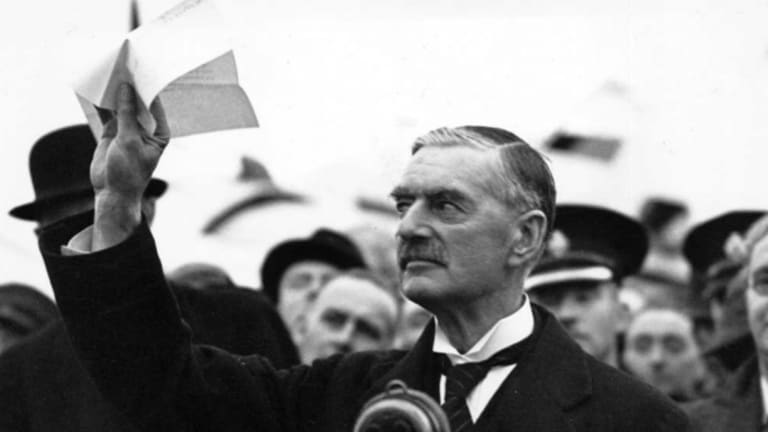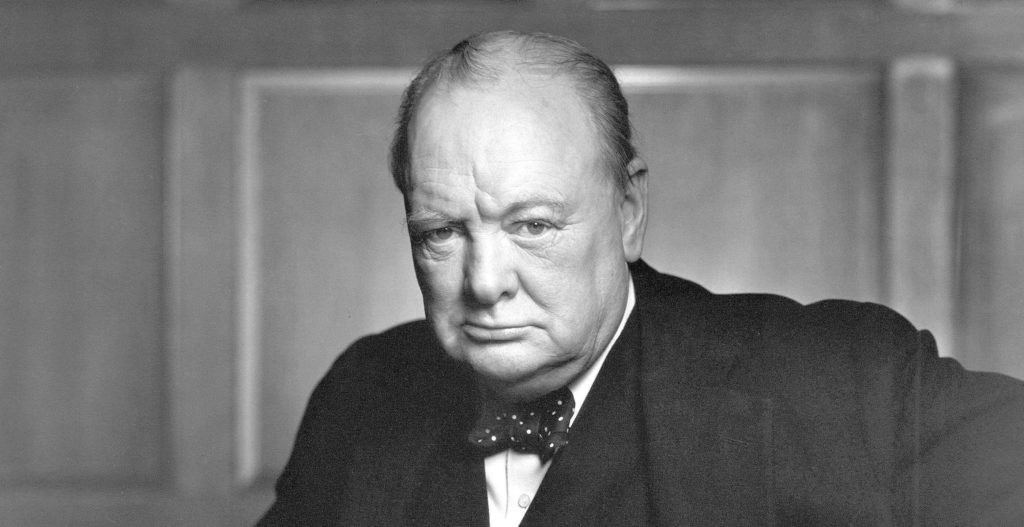We are recognised as authorities in our specialised fields. We publish newsletters with informed opinions that are free for you to subscribe to.
"Fear is contagious. So is hope."
Written by Steve Ballantyne, www.storyiq.co.nz
Republished with permission.
The beauty and simplicity of the above quote struck me while reading an article by Mark Schaefer.
It occurred to me that as we face the global predicament created by COVID-19, leaders have the responsibility to change the way the story is told. We can steer away from fear, and towards hope. During crisis management, or any time of uncertainty and change, the stories we tell are especially important.
People are vulnerable, confused and frightened by the unknown. It is the job of leaders to communicate messages that emphasize connection and empathy and to provide clear and consistent direction. We can adapt and we are resilient. This can be a time of learning, growth, and unexpected possibilities.
Any of us can be a leader. Whether you own a company, are in a position of responsibility or are concerned about how to talk to your family, consider yourself a leader.
We can change the story from one of fear and confusion, to one that deepens trust, increases morale, and inspires confidence.
How? The key is in our communication.
A Tale of Two Prime Ministers
During the second world war Great Britain experienced two prime ministers. The first was Neville Chamberlain who lost the confidence of the people around 8 months into the war. Winston Churchill then went on to become one of the most successful leaders of the 20th century, despite being one of the most unpopular and despised politicians in England.
Here are some excerpts from Chamberlain’s speech when Britain declared war on Germany:
“This morning the British Ambassador in Berlin handed the German Government a final note stating that unless we heard from them by 11 o’clock, that they were prepared at once to withdraw their troops from Poland, a state of war would exist between us. I have to tell you now that no such undertaking has been received, and that consequently this country is at war with Germany…

The Government have made plans under which it will be possible to carry on the work of the nation in the days of stress and strain that may be ahead. But these plans need your help.
You may be taking your part in the fighting services or as a volunteer in one of the branches of civil defence. If so, you will report for duty in accordance with the instructions you receive.
You may be engaged in work essential to the prosecution of war for the maintenance of the life of the people – in factories, in transport, in public utility concerns or in the supply of other necessaries of life. If so, it is of vital importance that you should carry on with your jobs.”
Compare that to the speech Churchill gave only weeks after becoming Prime Minister:
“… we shall fight in France, we shall fight on the seas and oceans, we shall fight with growing confidence and growing strength in the air, we shall defend our island, whatever the cost may be, we shall fight on the beaches, we shall fight on the landing grounds, we shall fight in the fields and in the streets, we shall fight in the hills; we shall never surrender.”

And from an earlier speech of Churchill’s:
“I would say to the House as I said to those who have joined this government: “I have nothing to offer but blood, toil, tears and sweat”. We have before us an ordeal of the most grievous kind. We have before us many, many long months of struggle and of suffering.
You ask, what is our policy? I will say: It is to wage war, by sea, land and air, with all our might and with all the strength that God can give us; to wage war against a monstrous tyranny, never surpassed in the dark and lamentable catalogue of human crime. That is our policy. You ask, what is our aim? I can answer in one word: Victory. Victory at all costs—Victory in spite of all terror—Victory, however long and hard the road may be, for without victory there is no survival.”
Which do you find more inspiring?
The difference between the two PM’s as far as communication skills are obvious. While they both had a vision and a strategy, only one understood a vital principle of communication. Communication must err on the side of the visual and intuitive. Churchill used pictures and story to inspire his listeners. He spoke of seas and ocean, landing grounds and fields, streets and hills. He spoke of blood, toil, tears and sweat, of victory at all costs and no surrender.
Imagine Winston Churchill rising to the podium for his first speech and giving a treatise on the nation’s financial capacity for war, the numbers of volunteers required, and the potential weather hazards of a war spanning the seasons.
People cheered and applauded at his speeches, even though the country was facing a world war. He showed that effective communication is achieved by appealing first to the hopes and fears of the people, to empathise and engage, and only then approach the practical aspects.
Great leaders communicate first to the heart, then to the mind. When they have won their listeners over, they can appeal to the analytical and orderly.
Fight or Flight vs Creative Innovation
When faced with a crisis we have feelings of panic, where our mental energy becomes dedicated to the perceived threat. Cortisol kicks in, activating our ‘fight or flight’ response. This compromises our rational decision-making capacity (thus the Toilet Paper Apocalypse) and diverts resources away from the creative areas of our brain. We’re in survival mode. We’re all alert.
To counteract the cortisol effect, we need oxytocin – the ‘relationship building’ chemical. Oxytocin is released when we feel empathy. It binds us together, connects us to one another and creates feelings of trust. It allows us to be creative, innovative, and flexible instead of panicked, fearful, and rigid.
We are all experiencing that cortisol rush. The media certainly works on the fight or flight angle. Inflammatory headlines affect us even when our rational thinking tells us to calm down. We start thinking, what if the whole world runs out of toilet paper/that person I just walked past is infectious/I can’t buy bread tomorrow etc?
Our communications have the capability of counteracting the panic and inspiring confidence. We can release oxytocin when we empathise with one another, when we share our stories and get on common ground. Once we are all on board, we can get to thinking clearly and proactively. Hearts then minds.
The fear of change can be turned into a time of innovative growth. We can adapt with one another, show our resilience together.
Patrick Gower made a good point last week on The Project. He said that as Kiwis we are positioned to bounce back from this crisis. We are diligent. We are responsive. We are willing to make sacrifices. And we have clear leadership, as Patrick said, we don’t have Boris or Trump. Consider that and apply it to your own leadership. You can contribute to NZ’s example to the world of how a true effective leader operates.
Communicating during crisis
So how can you communicate effectively in the current climate? There are three vital aspects to consider: consistency, transparency, and empathy.
Consistency means our communication must be regular and timely. In a constantly changing situation, be the reliable port of calm in the storm. Constant communication will keep your team on an even keel.
Transparency means being visible, being available, and being open and honest. It means using clear and simple communication, letting people know what action you are taking and what exactly they can do to help.
Empathy simply means recognising that we are all human, we are all uncertain and apprehensive. This allows us to acknowledge our connection to one another as we all face the same foe.
A few extra tips for crisis management communication:
- Watch your language. Use words that enhance feelings of safety and preparedness. Words like pandemic, virus, emergency bring on feelings of nervousness and can inflame the cortisol state. Be sure any information you share is accurate, not inflammatory. Be a beacon of hope.
- Take a lesson in relinquishing control. Famous author Kurt Vonnegut once said, “We have to continually be jumping off cliffs and developing our wings on the way down.” In this instance it might feel like we’re being pushed off that cliff. The thing is we aren’t alone. We have to trust others to lead alongside us. It is often surprising in times of crisis how people step up. Help inspire confidence in themselves and develop previously unseen abilities. Reveal the hidden gems. We can build a new foundation for the future by empowering others and being open to what they have to offer.
- Make a plan for the new normal. Times they are a-changing, whether we like it or not. We can’t expect that things will return to normal someday soon; rather we will be entering a “new normal” that looks different from life before COVID-19.
Socrates has a brilliant quote: “The secret to change is to focus all of your energy, not on fighting the old, but on building the new.”
As we are forced to change the way we live and work, we may uncover improvements or new directions. This can be an exciting time to brainstorm new ways to work, increasing efficiency and using technology in novel ways. Encourage your team to think ahead. Anything is possible. Adapt and embrace the new.
- Learn from the moment. We’ve had scares like this in the past – Ebola, SARS, Y2K – so it’s inevitable we will have future similar crises. What can you learn from going through this? Document your responses and their impacts. Use your newfound experience to create an action plan. Share your activity with your team so they can see you are looking out for their best interests, now and in times coming.
- Remember to smile. Smiling is a proven mood booster and is contagious in a good way! We are all in this together. Let’s remember to support each other. Be grateful for what we have. Above all else, be kind.
Choose your story
You have the power to change the story from one of fear to one of hope, trust, connection, and resilience.
Fear is contagious. So is hope. Be mindful of how you communicate – choose to spread hope. We will bounce back.
Take care.
If you don’t know where to begin, want to talk through something, or have a specific question but are not sure who to address it to, fill in the form, and we’ll get back to you within two working days.
Find out about our team
Look through our articles
Read more about our history
Business Advisory Services
Tax Specialist Services
Value Added Services
Get in touch with our team
Want to ask a question?
What are your opening hours?
AML & CFT Act in New Zealand
Events with Gilligan Sheppard
Accounting software options
Where are you located?
Events

